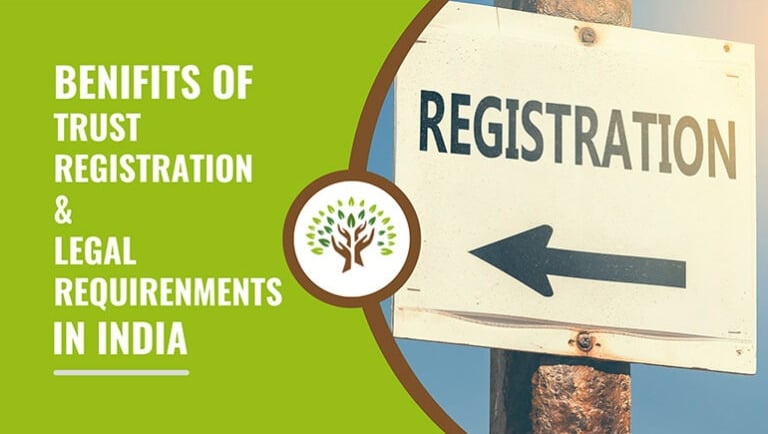🌟 Step-by-Step Guide to Registering a Trust or Society in India
Starting an NGO is more than just passion — it’s about building a legal foundation that ensures credibility, compliance, and long-term sustainability. If you’re looking to make an impact in the education, social, or development sector, registering your NGO as a Trust or Society is the first step. This guide will walk you through the e
NGO SECTOR
Chirag Sakariya
9/1/20252 min read


1. Decide: Trust or Society?
Trust:
Governed by the Indian Trusts Act, 1882 (for private) or state laws (for public trusts).
Best for small, family-run, or long-term charitable institutions.
Managed by trustees.
Society:
Governed by the Societies Registration Act, 1860.
Suitable for member-driven organizations.
Managed by a governing body with at least 7 members.
👉 Pro tip: If you’re aiming for collaborative projects and grants, Society registration often gives better credibility with donors.
📝 2. Choose a Unique Name
Your NGO’s name must not conflict with existing NGOs, government bodies, or restricted terms.
Check availability with the local Registrar of Societies / Charity Commissioner.
Choose something simple, meaningful, and easy to remember.
📂 3. Prepare the Required Documents
Here’s what you’ll generally need:
For Trusts:
Trust Deed (on stamp paper, signed by trustees)
ID & address proof of trustees
Passport-size photos
Proof of registered office (rental agreement / NOC from owner)
For Societies:
Memorandum of Association (MOA)
Rules & Regulations / By-laws
List of governing body members (with ID/address proof)
Proof of registered office
🏛️ 4. Draft the Governing Document
Trust: Draft a Trust Deed that clearly defines objectives, beneficiaries, and trustee powers.
Society: Draft an MOA & Rules/Regulations covering aims, functions, membership rules, and dissolution clause.
👉 Make sure it’s professionally drafted — this is your NGO’s “constitution.”
🏢 5. Submit Application
File the application with the Charity Commissioner (for Trusts) or Registrar of Societies (for Societies) in your state.
Submit along with fees and supporting documents.
Physical verification of office address may be done.
📜 6. Get Your Registration Certificate
Once approved, you’ll receive your Certificate of Registration, making your NGO legally recognized.
This certificate is crucial for applying for bank accounts, tax exemptions, and donor funding.
💡 7. Post-Registration Must-Dos
Apply for PAN & TAN for the NGO.
Open a dedicated bank account in the NGO’s name.
Apply for 12A & 80G registrations (for tax exemptions).
Keep annual compliance in mind: accounts, audit, and returns.
✅ Conclusion
Registering a Trust or Society in India may seem like paperwork, but it’s the foundation of credibility for your NGO. It builds donor trust, enables you to apply for grants, and ensures long-term impact.
👉 At Causewa Consultancy, we’ve helped numerous NGOs navigate this process smoothly — from legal setup to compliance and beyond.
💬 Need support with your NGO registration?
Contact us today and let’s build your NGO’s future together.
